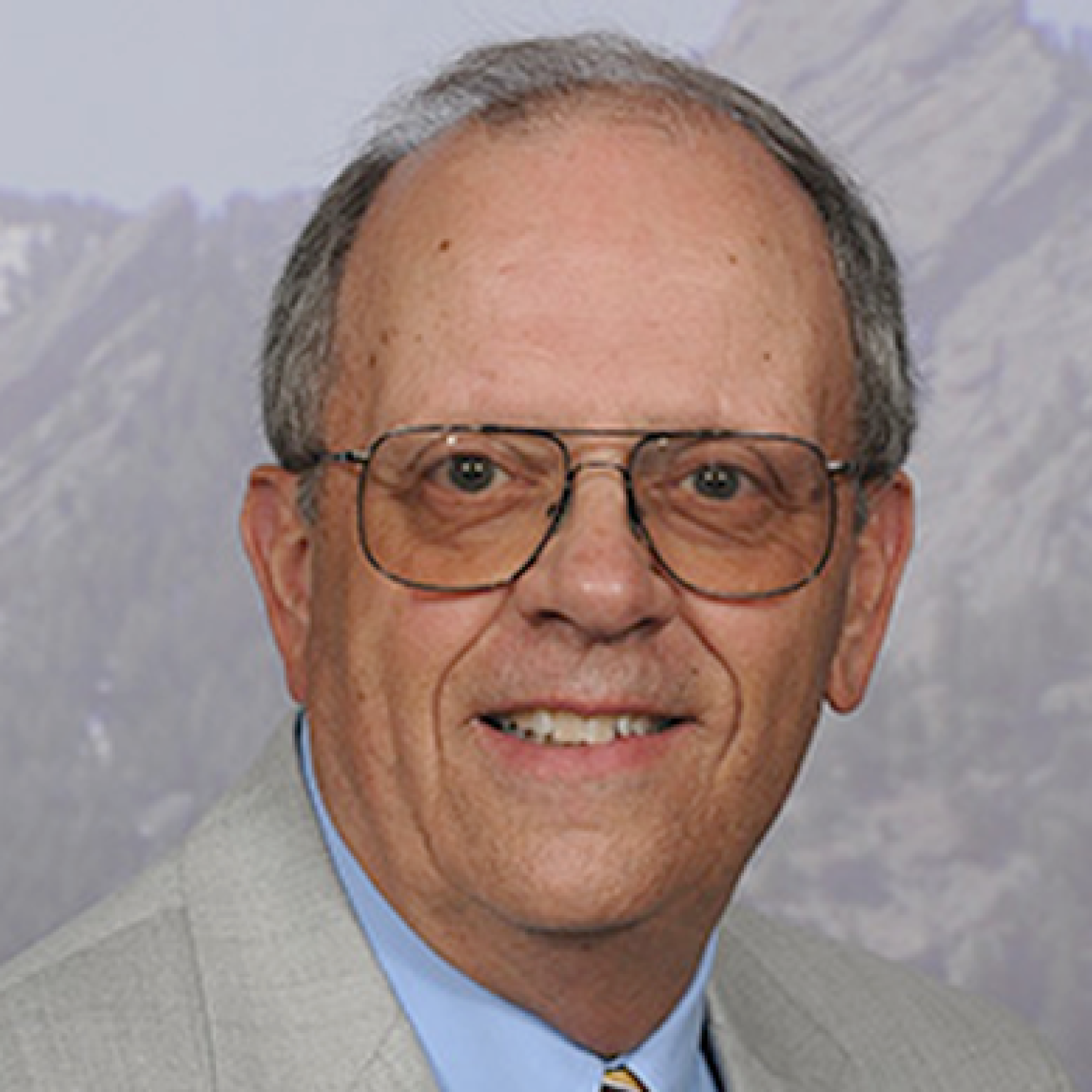David E. Clough
- Professor Emeritus
Education
B.S., Case Institute of Technology (1968)
M.S., Ph.D., University of Colorado (1969, 1975)
Awards
- University of Colorado Robert Stearns Award (2008)
- Distinguished Engineering Alumni Award (2000)
- College of Engineering Service Award (1993)
- University Teaching Award (1981)
Selected Publications
- Zhou, B., D. E. Clough, and Y. O. Fuentes, "A PID Controller with Adaptive Error Dispersion for Interacting Gates on Main Irrigation Canals, " Proc. ACC, pp. 1790-1794, (1995).
- Cooper, D.J., and D. E. Clough, "Optimal, Real-Time Monitoring of Particle-Size Distribution in a Fluidized Bed, " AIChE Journal 32, pp. 389-396 (1986).
- Clough, D.E., and D.C. Gyure, "Stochastic Inferential Control of the Fluidized State Via Differential Pressure Measurements, " Chem. Eng. Commun. 28, pp. 59-71 (1984).
Research Interests
Improved Control of Industrial Processes, Optimization and Control of Natural Resource Distribution
Research in process control at the University of Colorado has a long tradition of focus on the process; that is, the great variety of chemical processes provides significant, individualized challenges to the control engineer that often cannot be met by conventional, off-the-shelf techniques. At Colorado we have investigated advanced control of a variety of interesting, important processes. These include chemical reactors, separation/purification processes, heat exchange and fluid distribution networks.
A recent area of study has been the optimization and control of the distribution of irrigation water via open-channel canal systems and reservoirs. The challenges include control technology, nonlinear, time-delay-dominated systems, and hierarchical structure of high dimensionality. The impact of this research is immediate and far-reaching. Results at different levels of hierarchy include the design of an adaptive gate controller, a new scheme for coordinated control of lateral and main canals, and a mixed-integer optimization scheme for operation of interconnected canal/reservoir systems.
The nature of our research is to investigate and work with real processes. Consequently, in addition to theoretical and computational aspects, experimentation plays an important role in our research. Students become adept at interfacing and programming computers for real-time advanced control of pilot-scale processes in the laboratory.


